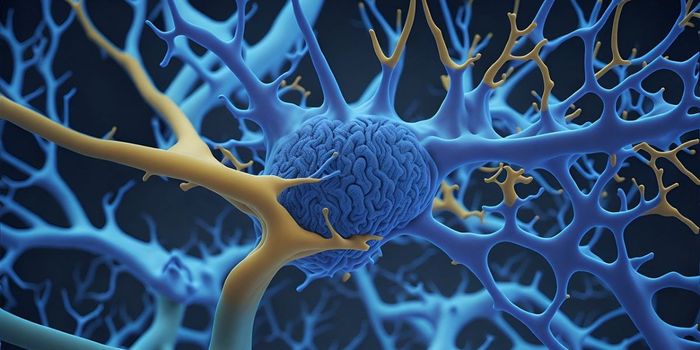Traffic-related Air Pollution Linked to Reduced Attention Capacity in Children

Air pollution is regarded as one of the main global environmental public health hazards, and has been linked to executive function impairment in children.
During pregnancy, the placenta offers limited protection against environmental toxicants. This means that air pollutants may affect fetal brain development as a result of oxidative stress and systemic inflammation.
Children remain susceptible to the adverse effects of air pollution postnatally due to rapid organ development and increased vulnerability to inflammation and oxidative stress-related damage.
In the current review, researchers sought to investigate periods of susceptibility to nitrogen dioxide (NO2) exposure from conception to childhood on children's ability to choose what to pay attention to and what to ignore- known as attentional function- and their ability to temporarily hold information, known as working memory. NO2 is a pollutant that primarily comes from traffic emissions.
For the review, the researchers analyzed data from the Spanish INMA Project including 1,703 women and their children. Using participants' home address, they were able to estimate daily residential NO2 exposure during pregnancy and in the first six years of childhood. They also assessed the children's attentional function at 4- 6 years and 6-8 years old, and their working memory at 6-8 years old via computerized tests.
Ultimately, they found that higher NO2 exposure did not affect working memory among children aged 6-8 years old. They did find, however, that NO2 exposure during the first two years of life is associated with poorer attentional function in children aged between 4 and 8 years old, and especially in boys.
"In boys, the association between exposure to N02 and attentional function may last longer because their brains mature more slowly, which could make them more vulnerable," said Anne-Claire Binter Ph.D., last author of the study and postdoctoral researcher at the Barcelona Institute for Global Health (ISGlobal), in a press release.
"This study suggests that early childhood, up to the age of 2, seems to be a relevant period for implementing preventive measure. Even a small effect at the individual level from relatively low levels of exposure, as in this study, can have large consequences at the population level. Exposure to traffic-related air pollution is therefore a determinant of the health of future generations," concluded Binter.
Sources: Science Daily, Environmental International








